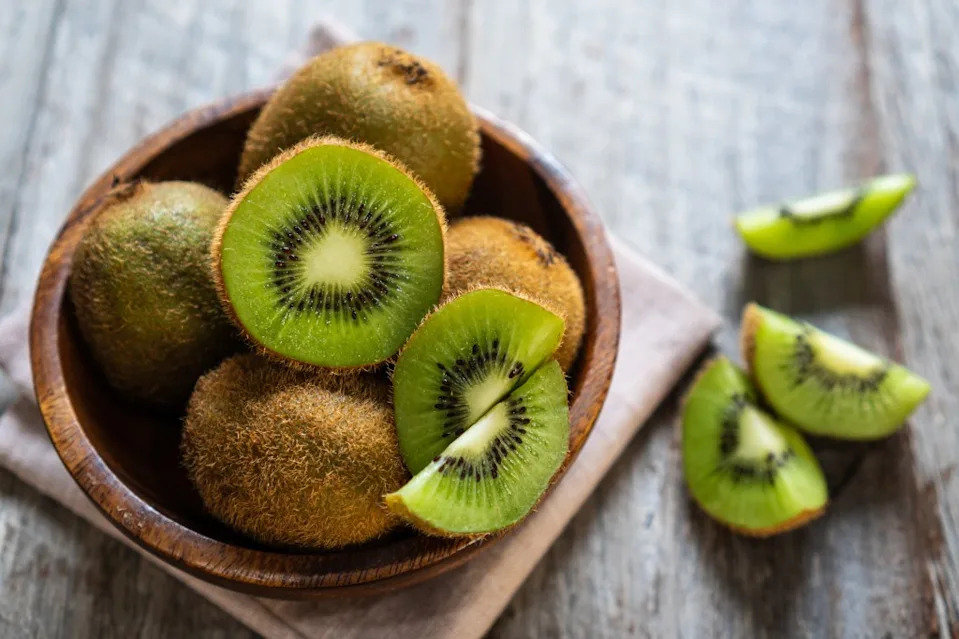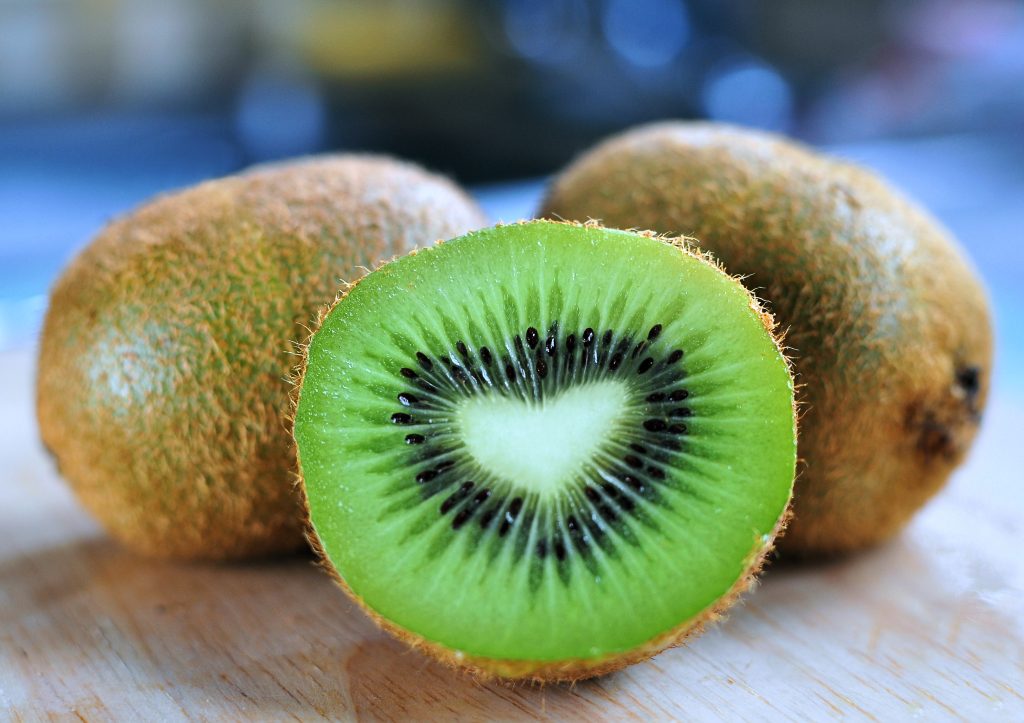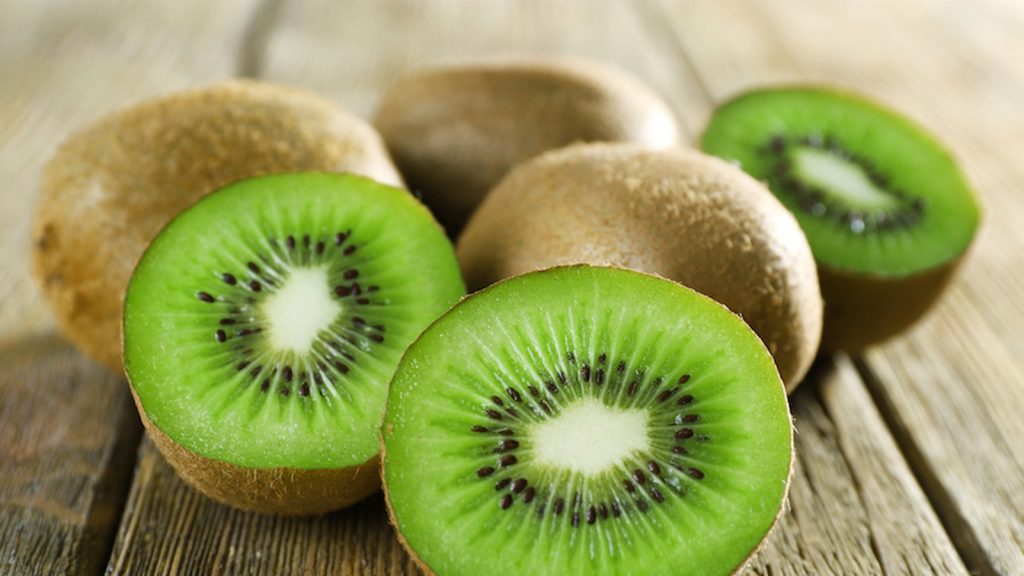Call it the underdog of the fruit bowl, but kiwis are having their wellness-girl moment—and it’s well deserved. Forget your overhyped green juices and complicated supplement stacks; this fuzzy little fruit might just be your shortcut to better sleep, calmer nerves, and smoother digestion.

Right now, when everyone seems to be “coming down with something,” kiwis are basically nature’s quiet flex. Loaded with vitamin C (hello, immune support) and vitamin K (for stronger bones and better recovery), they’re the kind of fruit that makes you feel smug just for eating one. Add in a generous dose of fibre, and it’s no wonder dietitians call them a natural remedy for sluggish digestion or those days when your stomach just won’t cooperate.
But here’s where it gets even more interesting—apparently, kiwi works overtime while you sleep. Studies have shown that having one or two kiwis before bed can help lower cortisol levels (that’s your stress hormone), ease your mind, and improve the quality of your sleep. Basically, it’s like turning your bedtime snack into a natural chill pill.

Unlike some of its sweeter fruit cousins, kiwi scores low on the glycaemic index, meaning no late-night sugar spike to mess with your system. The high fibre content ensures that whatever sugar it does have gets released slowly into your bloodstream—helping regulate energy levels while keeping stress in check. Bonus points: it’s naturally rich in melatonin and serotonin, aka the brain’s relaxation duo. Translation? Better sleep, less stress, and a fresher wake-up face in the morning.
And yes, there’s even nuance to your kiwi choices. Gold kiwis are sweeter and higher in vitamin C—perfect if you like something sugary but still saintly before bed. Green kiwis, on the other hand, are tangier and loaded with fibre, ideal if your goal is gut health and digestion.

So next time you’re scrolling TikTok for “sleep hacks that actually work,” skip the pricey sleep sprays and magnesium gummies. Just grab a couple of kiwis, peel, eat, and drift. The science—and your REM cycle—will thank you.





